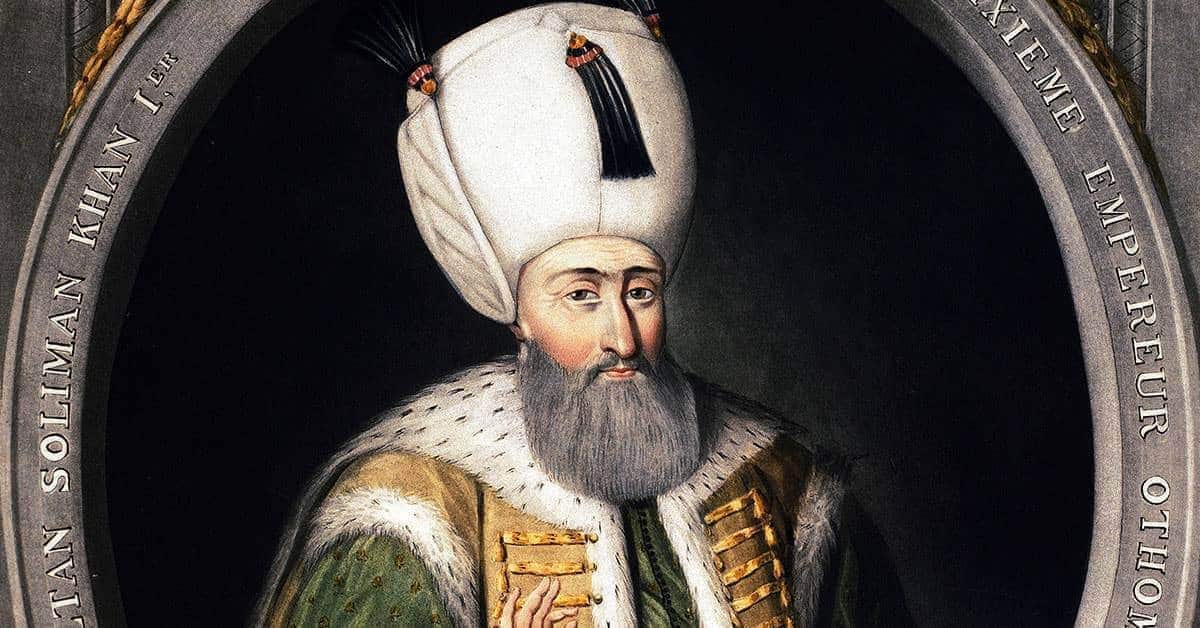
Failure #3 – Did He Benefit From the Work of Others?
The Great Man Theory was first espoused in the 19th century. In a nutshell, it suggests that history is mainly explained by the actions of ‘great men’ who had an immense historical impact. As such, Suleiman could be said to benefit from the notion that he is a ‘Great Man’ that singlehandedly forged a great Empire. In reality, he could not have achieved a fraction of what he did without the assistance of able advisors and commanders.
Many of the great military, cultural and architectural achievements were a product of men such as Grand Vizier Ibrahim Pasha, Mimar Sinan, and the Grand Mufti Edussuud Efendi. Furthermore, he benefitted from the reign of his father, Selim I, who oversaw an enormous expansion of the empire. Selim, I managed to conquer the entire Mamluk Sultanate of Egypt in around a year and by the time he died, he had expanded the Empire by around 70% in just eight years.
By the time Suleiman came to power, he was the beneficiary of a growing and flourishing Empire with a fearsome army along with an extremely healthy treasury. Of course, Suleiman deserves credit for continuing on his father’s path, at least for the first 8-9 years of his reign. However, it is doubtful that he possessed his father’s outstanding military abilities. Opponents of the notion that Suleiman was ‘magnificent’ will point to his multiple failures and suggest he should have achieved more with the army at his disposal.
While this is perhaps true, he did expand the Empire further, and while he suffered notable setbacks at Vienna and Malta, he did win some important victories that changed the course of history in Europe. Up to 15,000 men died in a single battle in Rhodes during an attack on the Castle of the Order of St. John in 1521. Suleiman showed compassion by allowing the Knights of St. John to go free; a move that haunted him 12 years later.
Overall, Suleiman is certainly a ruler that divides opinion. On the one hand, proponents suggest he has more than earned his ‘Magnificent’ moniker. On the other hand, opponents of Suleiman as a ‘great leader’ suggest he was an adequate ruler and ordinary general who benefitted from inheriting a strong Empire and a talented army.
Sources For Further Reading:
OZY – How A Slave Girl Became An Ottoman Queen
Daily Sabah – The Last Days Of Suleiman The Magnificent
Daily Mail – History’s Bloodiest Siege Used Human Heads As Cannonballs
Hurriyet Daily News – The Role Of The Seyhulislam Among The Ottomans
TRT World – How The Ottoman Architect Sinan Helped Hagia Sophia Survive For Centuries
National Geographic Channel – Why The Ottoman Empire Rose And Fell
Smithsonian Magazine – The Ottoman Empire’s Life-or-Death Race
History Collection – The Surprising Daily Life in a Sultan’s Harem Revealed

